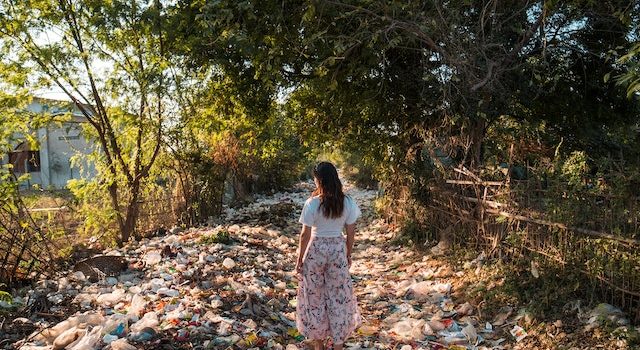
Introduction:
In a groundbreaking move towards environmental sustainability, our town has made the bold decision to become a plastic bag-free community. This pioneering initiative has not only helped reduce plastic waste but has also brought forth a range of benefits that have transformed our town into a shining example of a sustainable community. In this article, we will explore the numerous advantages and positive impacts of being a plastic bag-free town, highlighting the profound changes that have taken place within our community.
1. A Cleaner Environment:
By eliminating plastic bags, our town has witnessed a remarkable reduction in plastic waste littering our streets, parks, and waterways. The absence of plastic bags blowing in the wind or floating in rivers and streams has revitalized our natural environment, making it cleaner and more aesthetically pleasing. This shift has not only improved the quality of life for residents but has also attracted visitors who are drawn to our pristine surroundings.
2. Conservation of Natural Resources:
The ban on plastic bags has contributed to the conservation of valuable natural resources. The production of plastic bags requires significant amounts of fossil fuels and water, both of which are finite resources. By opting for sustainable alternatives, our town has minimized its reliance on these resources, reducing its carbon footprint and promoting a more sustainable approach to resource management.
3. Preservation of Wildlife:
Plastic bags pose a severe threat to wildlife, especially marine life. Marine animals often mistake plastic bags for food, leading to ingestion and entanglement, which can be fatal. Since becoming a plastic bag-free town, we have witnessed a decline in incidents involving wildlife harmed by plastic bags. Our commitment to protecting local ecosystems and wildlife has fostered a healthier and more balanced environment.
4. Promotion of Sustainable Lifestyles:
The ban on plastic bags has prompted a significant shift in consumer behavior towards more sustainable lifestyles. Residents have embraced reusable alternatives such as cloth bags, baskets, and paper bags. This change has encouraged a broader conversation about the importance of reducing single-use plastics and has inspired individuals to adopt other eco-friendly practices. Our town has become a hub for sustainable living, promoting responsible consumption habits among its residents.
5. Strengthened Community Bonds:
The journey towards becoming a plastic bag-free town has brought our community together in a shared goal of sustainability. Residents, local businesses, and community organizations have collaborated to raise awareness, organize events, and educate others about the environmental impacts of plastic bags. This collective effort has fostered a sense of unity and strengthened community bonds, reinforcing the notion that sustainability is a collective responsibility.
6. Economic Opportunities:
The transition to a plastic bag-free town has created new economic opportunities for local businesses. Entrepreneurs have tapped into the demand for sustainable alternatives by offering reusable bags, biodegradable packaging, and innovative solutions to reduce plastic waste. This has stimulated economic growth, attracting eco-conscious visitors and positioning our town as a hub for sustainable entrepreneurship.
Conclusion:
As a plastic bag-free town, we have witnessed a transformation that extends far beyond the elimination of single-use plastics. Our commitment to sustainability has led to a cleaner environment, conservation of natural resources, preservation of wildlife, promotion of sustainable lifestyles, strengthened community bonds, and economic opportunities. The decision to become a plastic bag-free town reflects our collective determination to create a better future for ourselves and the generations to come. Our sustainable community serves as an inspiration for others, demonstrating the profound benefits that can be achieved by taking bold steps towards environmental stewardship.










